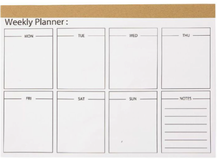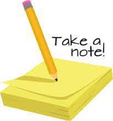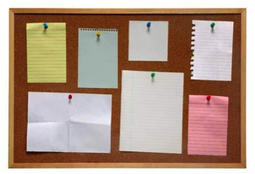|
Compensatory Strategies after brain injury ACC and Laura Fergusson Trust These are simply strategies that you may need to use, to compensate for the difficulties you are having since your injury. For example: You can never remember appointments anymore, so you now keep a diary with you at all times. The diary is a memory strategy and helps you function on a day to day basis. Often people find the idea of a strategy difficult to grasp and will not want to use one, because they functioned perfectly well without it prior to their injury however many difficulties following a brain injury do not get better or go away. At this point, if you want to be successful at home/socially or at work then you will need to find a way to “overcome” the problem.  Some "tried and true" strategies Managing Fatigue
Managing Attention and Concentration
Managing Processing of Information
 - Dictaphone to record lengthy/complex information so you can listen to a number of times - Answering Machine to record phone messages rather than trying to write them down and listen - Taking notes - Asking for repetition/clarifications - Repeating information back to people - Breaking information into chunks - Paraphrasing/summarising written information - Asking people to slow down - Getting rid of distractions (e.g. going to a quiet place if you are having to process complicated instructions) Managing Memory
If you get into a routine things become habit – the pressure is taken off your brain to remember what you are supposed to be doing. 
Managing Executive Functioning
- alarm/timer to go off when you need to do something - a daily plan will increase your chances of getting things done – when you see it written - specific times for planning and organising - prompts/alarms to get you up - feedback and prompts from others can also be a valuable strategy initially until you find a way of managing your difficulties independently Managing Social Skills/Behaviour
All strategies are quite simple and mostly common sense. Often after an injury your brain is too tired to think of ways around things, even if they seem simple. These are all just ideas. Your rehabilitation team will help you identify the need for strategies and assist you to find the ones that work for you. Reference: ACC Laura Fergusson Trust Comments are closed.
|
AuthorShonagh O'Hagan Archives
July 2024
|

 RSS Feed
RSS Feed